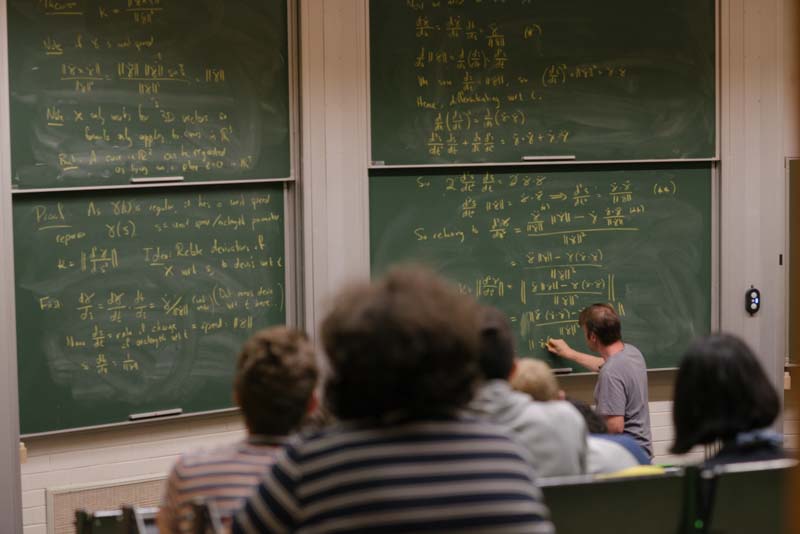Did you know that any integer with digits that add up to a number divisible by 3 is itself divisible by 3.
Give it a try, type any mess of numbers and tack on the last number to make the digits sum to a number divisible by 3.
For example:
42189012
4+2+1+8+9+0+1+2 = 27 (divisible by 3).
42189012 / 3 = 14 063 004 An integer!
How does this work?
Any number can be rewritten as a sum of its parts.
Take 672 as an example. This number can be re-written as:
600+70+2=672
= 6(100)+7(10)+2=672
=6(1+99)+7(1+9)+2=672
We know that 99 and nine are divisible by three, therefore redistributing we obtain
6 + 6(99) + 7 + 7(9) + 2 = 672
=6(99) + 7(9) + 6 + 7 + 2 = 672
We know from summation and multiplication laws that any number divisible by three which is then multiplied by another integer will always be divisible by three. Likewise we know that the sum of any two numbers divisible by three will itself be divisible by three.
In determining if this number is divisible the first two terms of this equation are irrelevant since they will always be divisible by 3. Therefore the only thing determining overall divisibility will be the final three terms, 6+7+2, which just so happen to be the summation of the digits we started with!
This works just as well with higher powers of ten as 10^x will always be equal to one+(some number divisible by three) when x is a positive integer.
MatheMAGIC!




